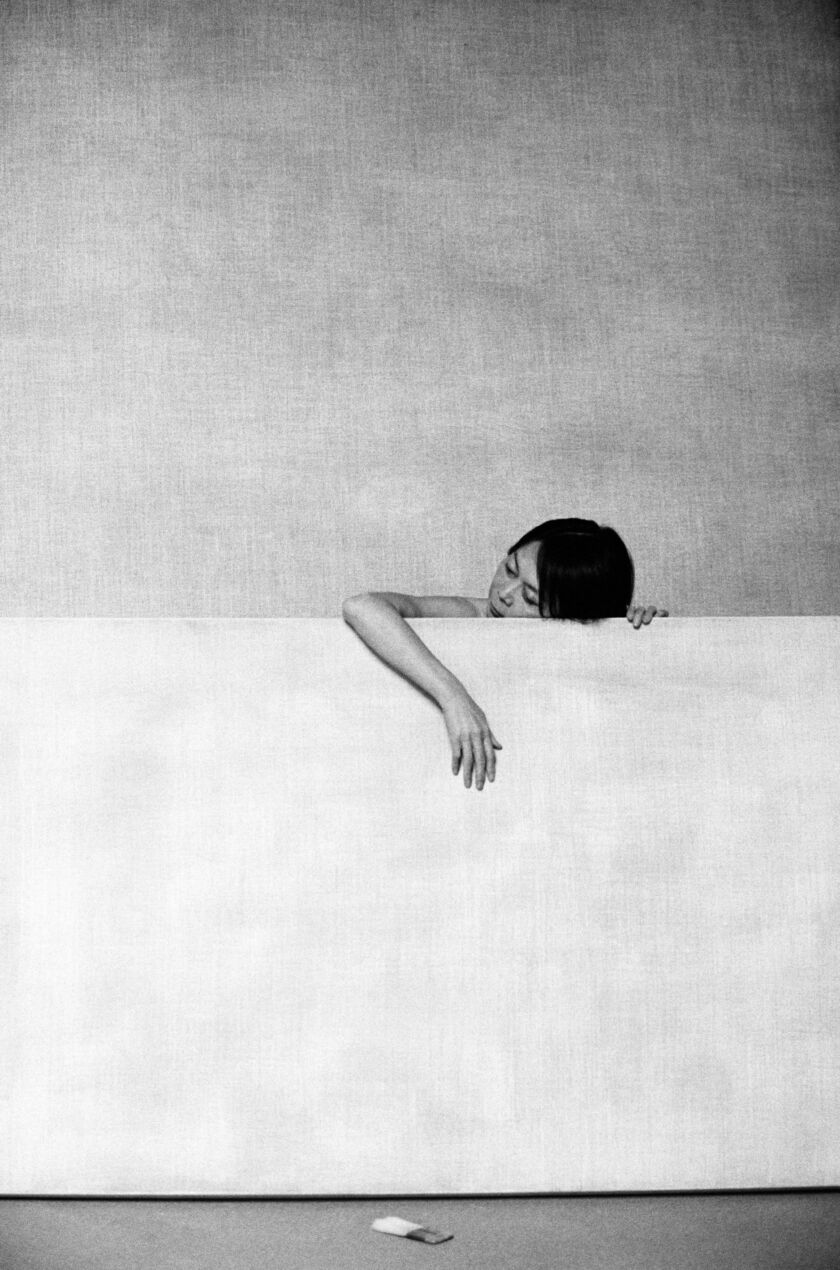The Programme of the Salzburg Festival 2025
‘I am being given birth into death’

‘I am being given birth into death,’ remarks Samuel Beckett’s character Malone in a monologue that dissolves time and space, leaving only the nothingness of the end. The endgame of human existence is where we find the protagonists of this summer’s Salzburg Festival: siblings languishing in the Russian provinces in Peter Eötvös’s Three Sisters, a woman lost in the forest in Schoenberg’s Erwartung and a mournful, lonely wanderer in Mahler’s ‘Der Abschied’. The doctor in Vladimir Sorokin’s deadly blizzard is likewise caught up in extreme circumstances, as is the despondent prophetess Cassandra in Michael Jarrell’s adaptation of Christa Wolf’s novella.
Along the way, we will be transported to the historical power bases Caesar built up in Rome and Egypt, to Macbeth’s Scotland and to Tudor England where Mary Stuart was imprisoned. We meet powerful people who are facing the inevitable. They are all close to the end, whether staring right into it (Verdi’s and Sciarrino’s Macbeth), fearing it (Handel’s Giulio Cesare), choreographing it triumphantly (Donizetti’s Maria Stuarda) or longingly calling for it (characters in Three Sisters). They spend their final moments in lonely abandonment (Jarrell’s Cassandra), in a state of feverish anxiety (the protagonist of Erwartung), or in cosmic repose, having found comfort and spiritual transcendence (in Mahler’s Das Lied von der Erde).
Our questions, our doubts, our loneliness, our fears and our brightest hopes are all writ large in the works programmed at the Festival this summer, brought into sharp clarity as if by a magnifying glass. We see them much as Hofmannsthal’s Jedermann looks back on his life, his memories rapidly curdling in his final hours — yet he still finds redemption.
While Macbeth summons the end of the world and Karl Kraus, haunted by the horrors of war, feels he is standing ‘before the deathbed of time’ in his monumental drama The Last Days of Mankind, Mahler’s wanderer sees a glimmer of hope: ‘Everywhere and forever the distance shines bright and blue!’ For Mozart, the light always breaks through — and even Sorokin’s blizzard takes us ‘to the epicentre of a blinding brightness’. In the end, every vision of worldly doom also carries within it a vision of something new.
The tension between our current actions and our vision of the future is what defines our humanity.
This brings up the great philosophical question of human free will: are we truly able to choose between different courses of action, or are outcomes predetermined by fate? In the Ouverture spirituelle, we will plumb the depths of this question.
However differently an ending is portrayed and composed, and no matter how it is anticipated, feared or invoked — it is only through the playful nature of art that we can see ourselves reflected in others, and be present with them as they face their own endings. For the observers and for the audience — that is to say, for us — this expands our capacity to act meaningfully, opening up new spaces for imagination, change and transformation.
Kristina Hammer · Markus Hinterhäuser · Lukas Crepaz
Board of Directors of the Salzburg Festival
TICKET ALLOCATION PROCEDURE
All orders arriving at the latest by the Deadline (21 January 2025) will be handled equally, irrespective of when they arrive. This means that orders are not processed in the order in which they arrive. Notification of the extent to which the order is as requested processed will be sent by end of March 2025 at the latest.
Orders received after the deadline will only be processed after all orders placed before the deadline have been filled.
